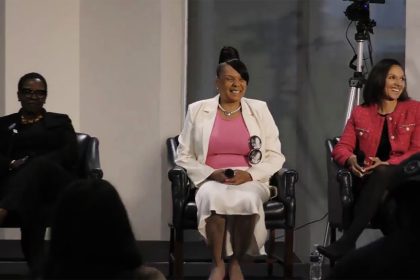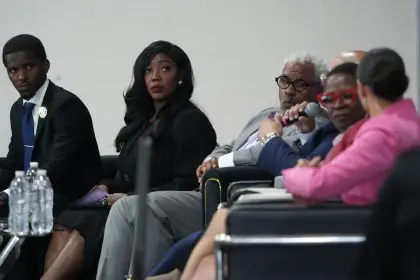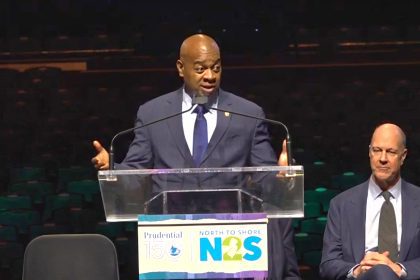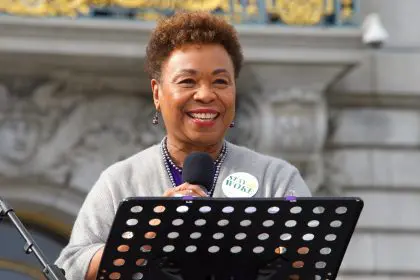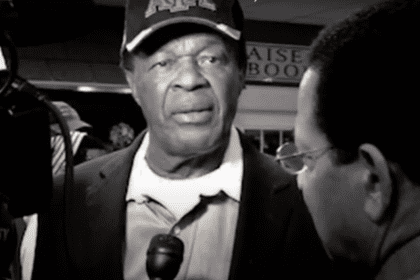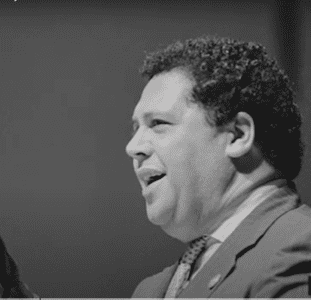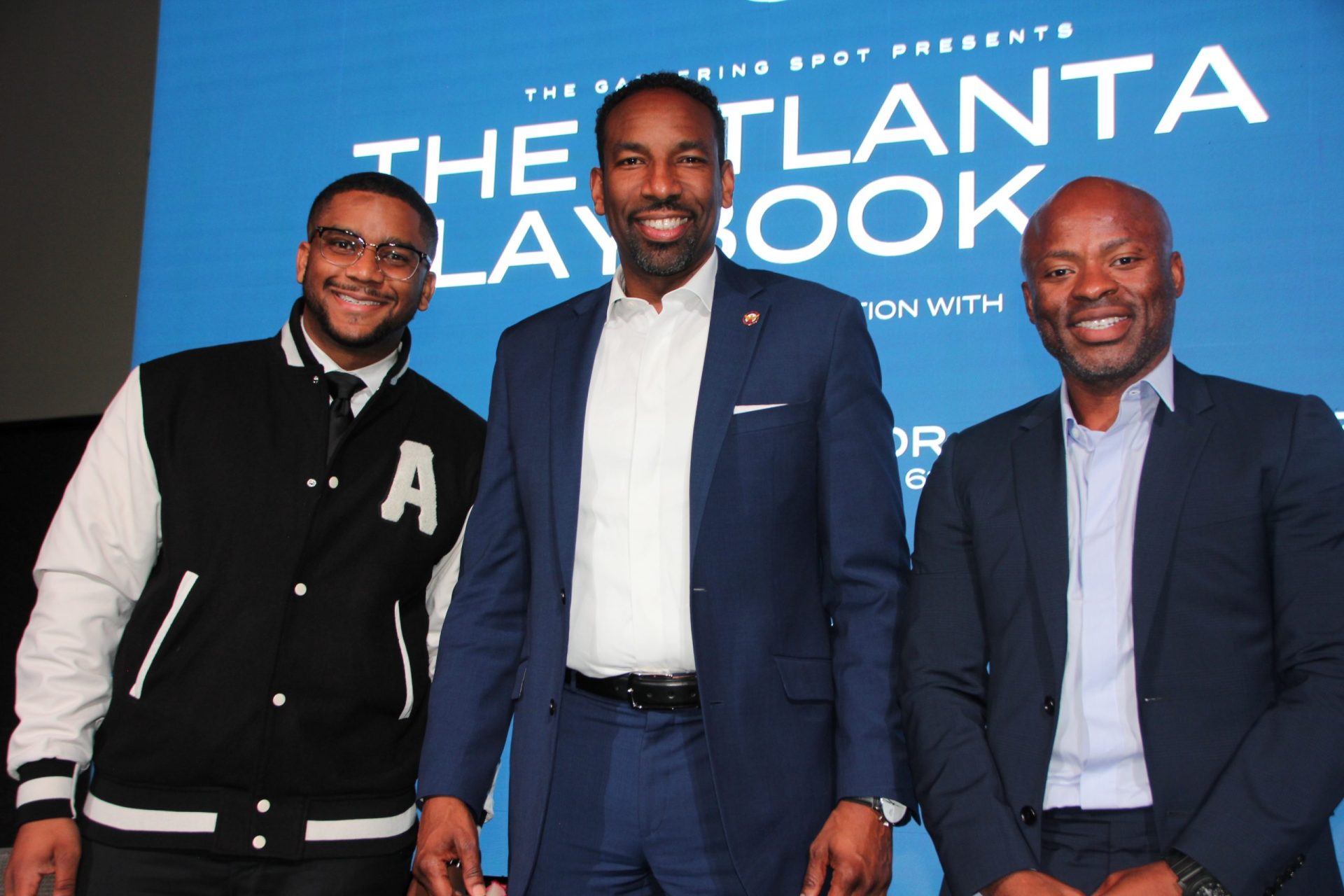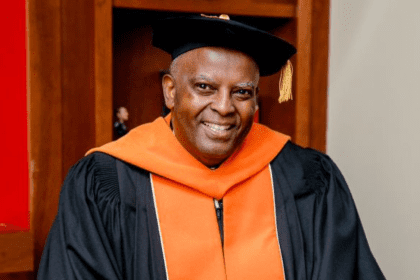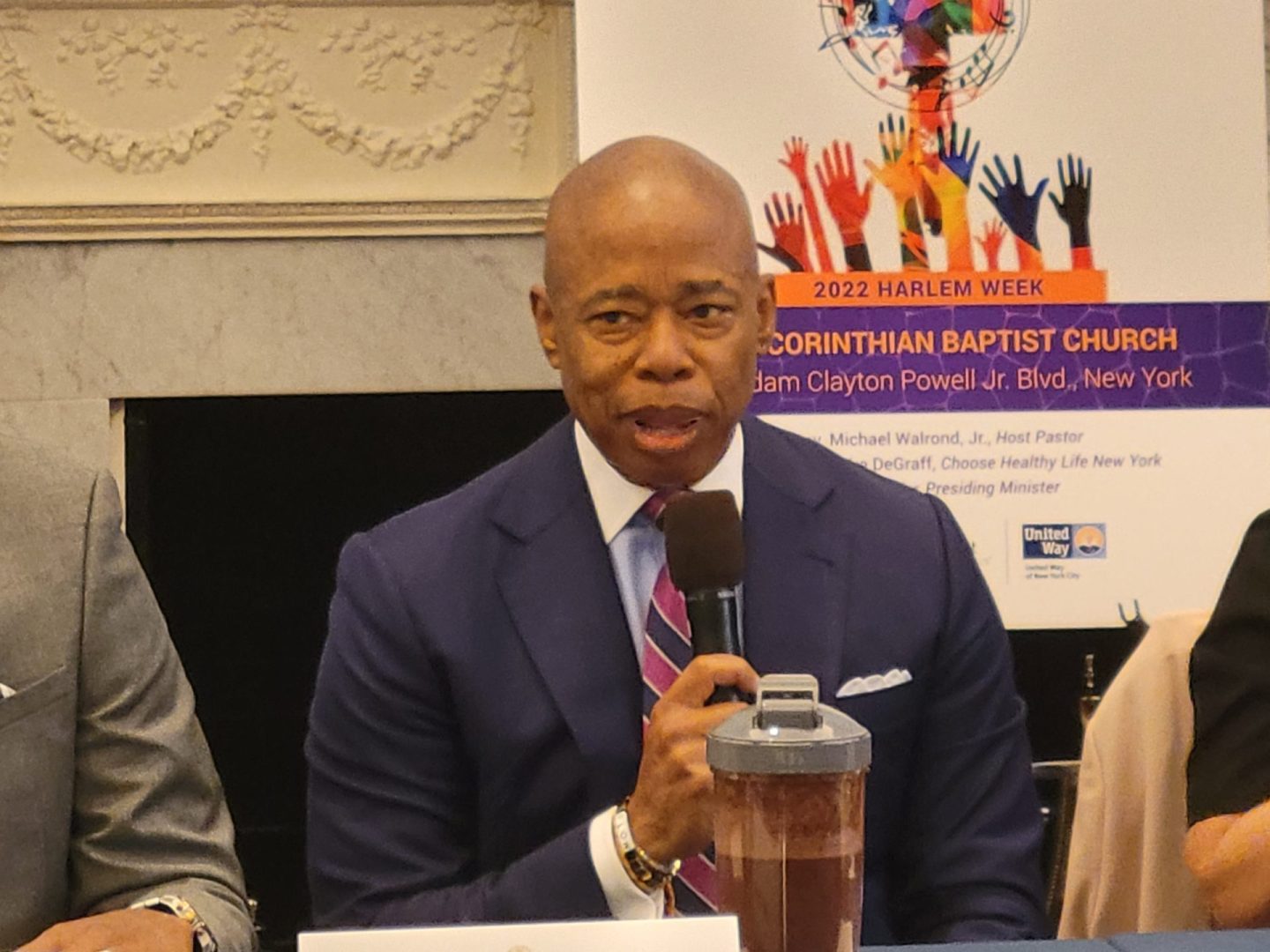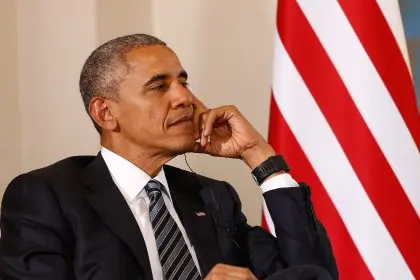
Working with the police is one of the many responsibilities of Newark Mayor Ras Baraka, and he has some interesting insights on possible solutions to the nation’s racial tensions. The election of the son of poet-activist Amiri Baraka sent chills through the city’s establishment, but Baraka has since won over most of his critics despite what he describes as radical leadership.
“I mean going to the root of the problem. That’s what it means to me. That’s what radical is,” Baraka recently told PBS.
He credits his ability to bring people together, negotiate, and compromise productively around common issues for his successful coalition building. Baraka also tries to find ways to ensure that the city’s wealth stays in the hands of the people who live there, including those who have a record or are immigrants.
“We have begun to attack the unemployment rate in the city,” said Baraka. “It’s spiraling downward, but there is still a huge way to go. And we’re pushing for a jobs plan on a state and federal level.”
His focus on building up the community means support for both the Black Lives Matter movement and police, two things Baraka does not see as mutually exclusive. While advocating for police in the community, he’s also advocating for community policing and for police officers who feel a part of and care about the community they live in; and not an occupying force in a community. The mayor backs up his words with supportive policy and organizational structure.
“We have developed a civilian complaint review board,” said Baraka. “We changed the makeup of the internal affairs. We provide training for new recruits that is not like the training that they normally get. They get sensitivity training. They get the kind of de-escalation training. We begin to sensitize them to what’s happening in their neighborhoods and the communities where they police.”
By fighting to keep wealth in the community and creating opportunities for cooperatives in order to support business ownership, Baraka is also able to advocate for police officers living in the community longer than they normally would. Of course, he has his critics, particularly of the civilian complaint review board.
“There needs to be some reconciliation and repair of what’s going on,” Baraka said. “All those things are important for us to get a handle on what’s happening in our cities … ultimately, the only thing that affects race relations is fair treatment.”
More political leaders across the country should follow Baraka’s lead in experimenting with and embracing new ideas to build up their communities.

